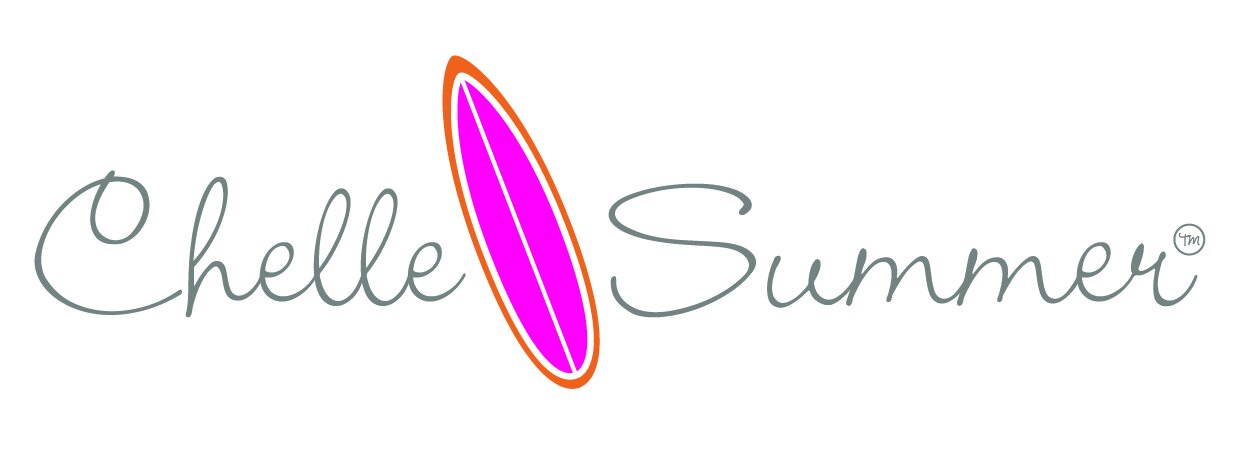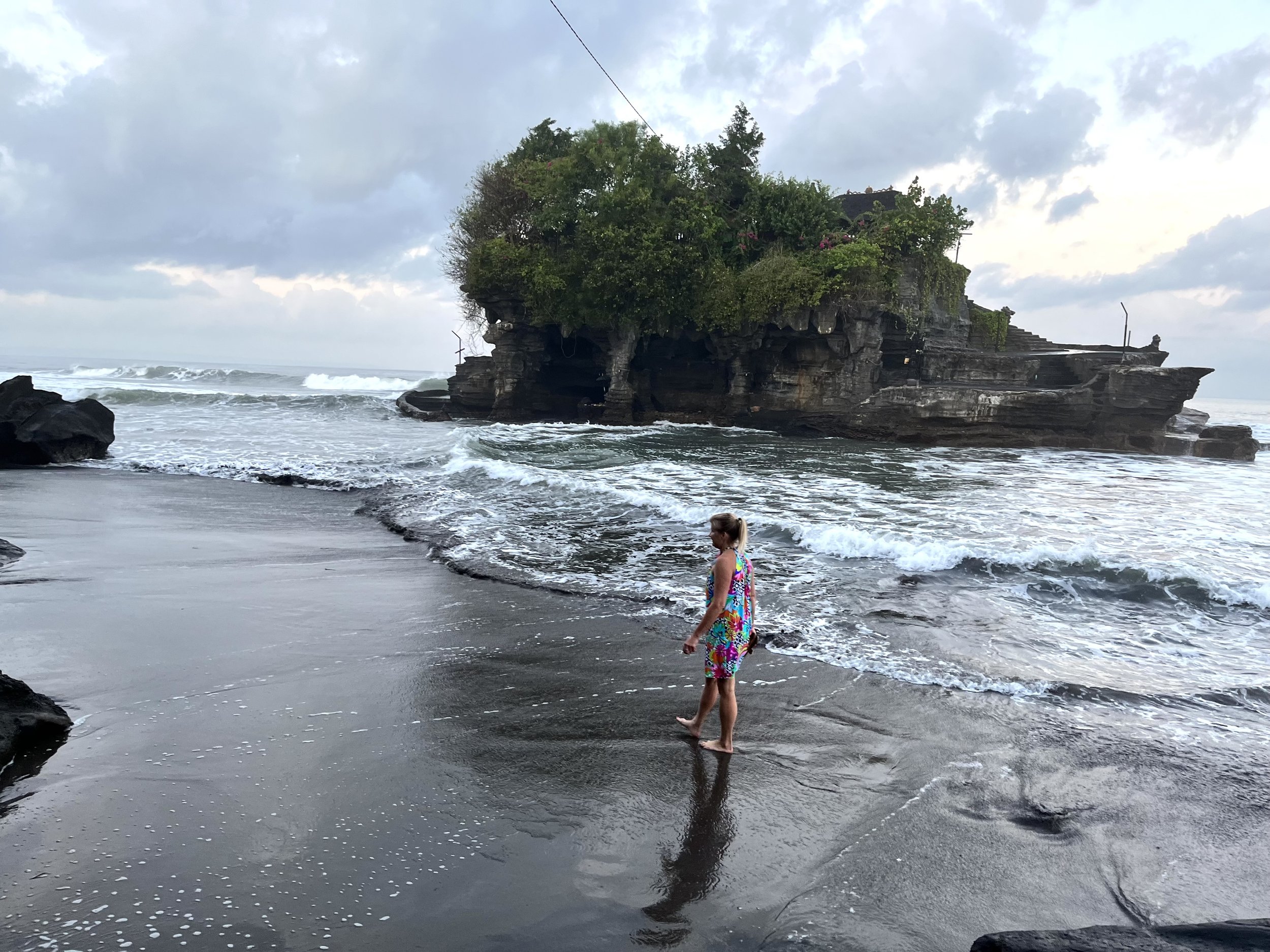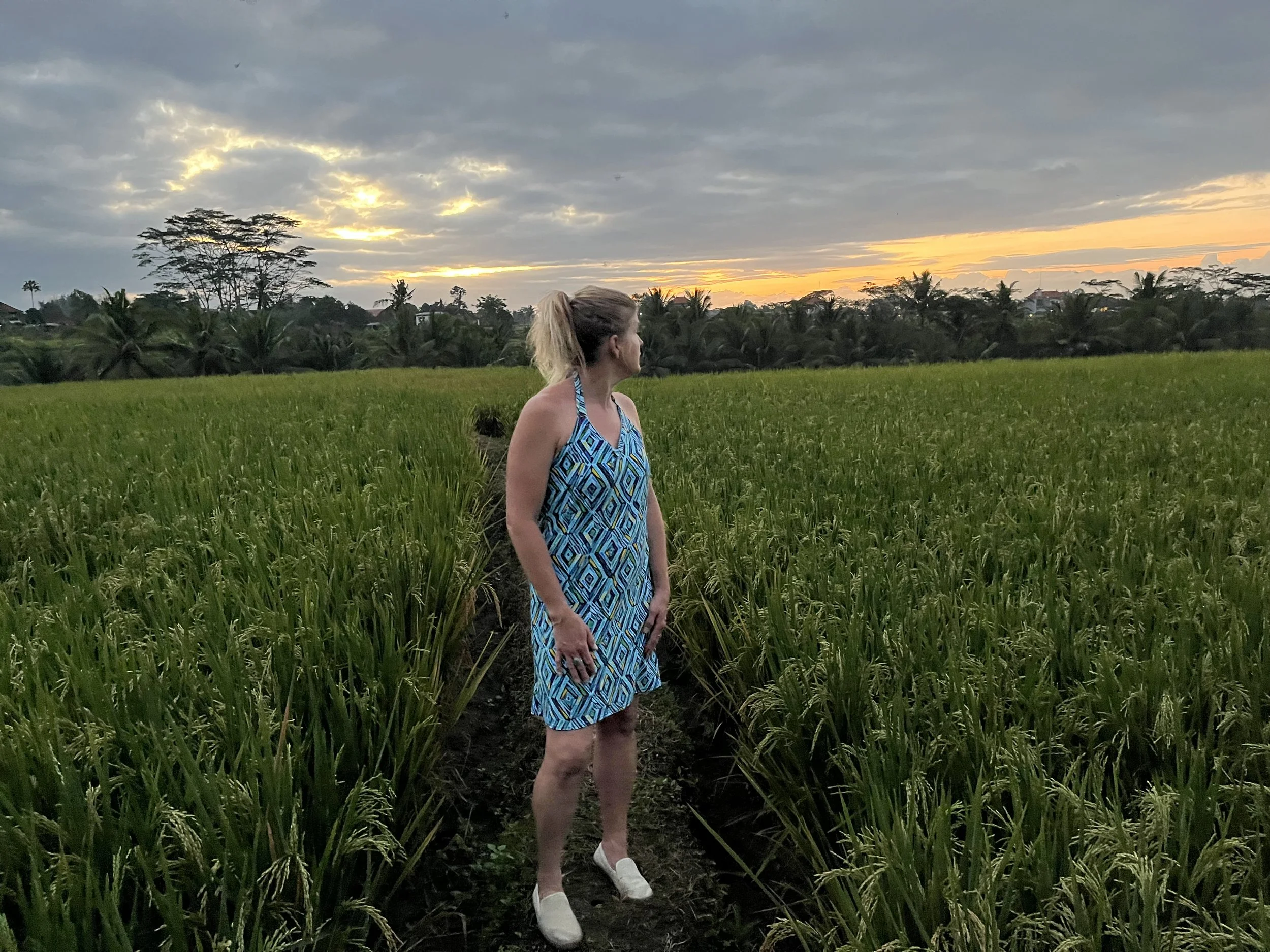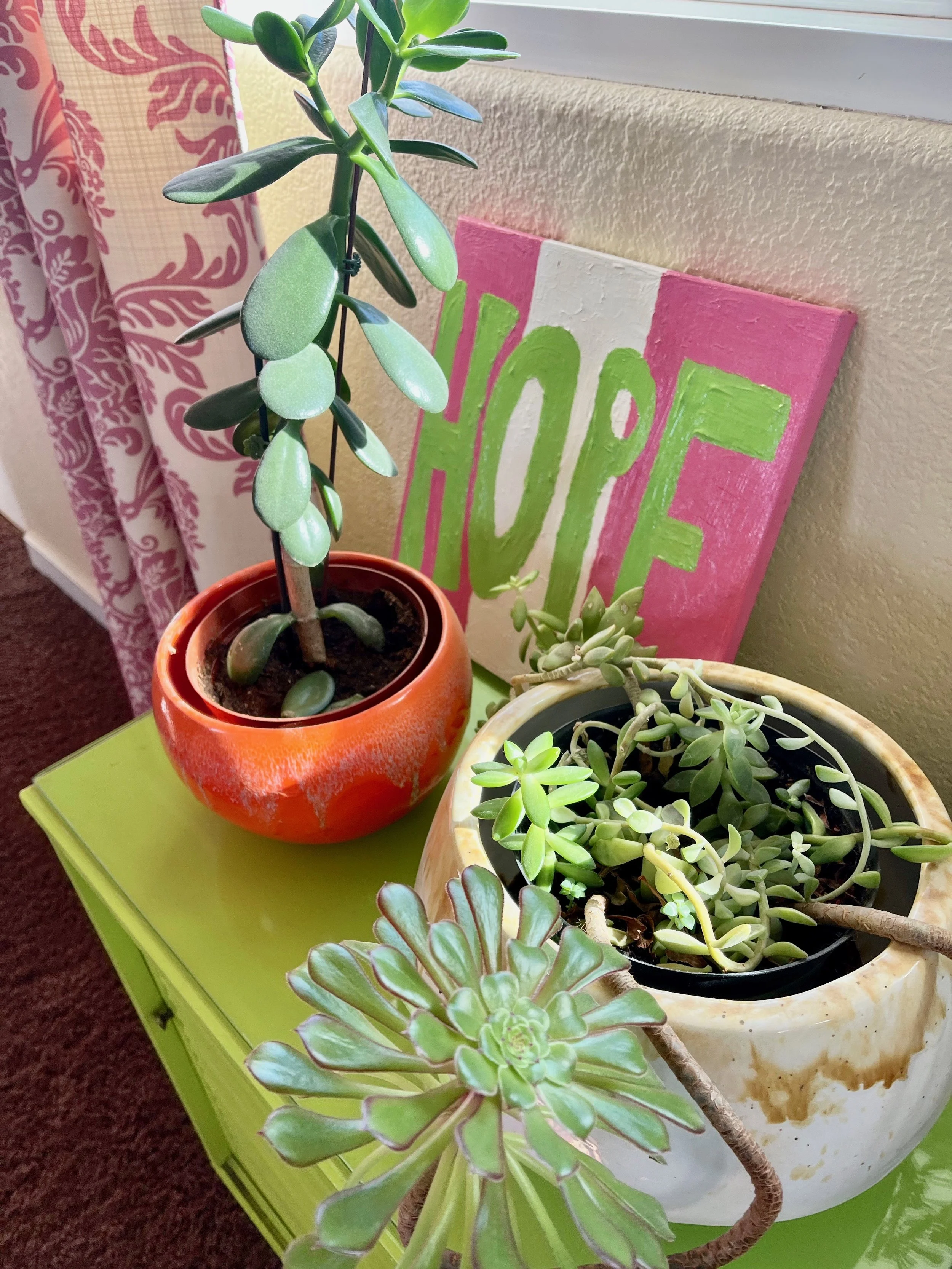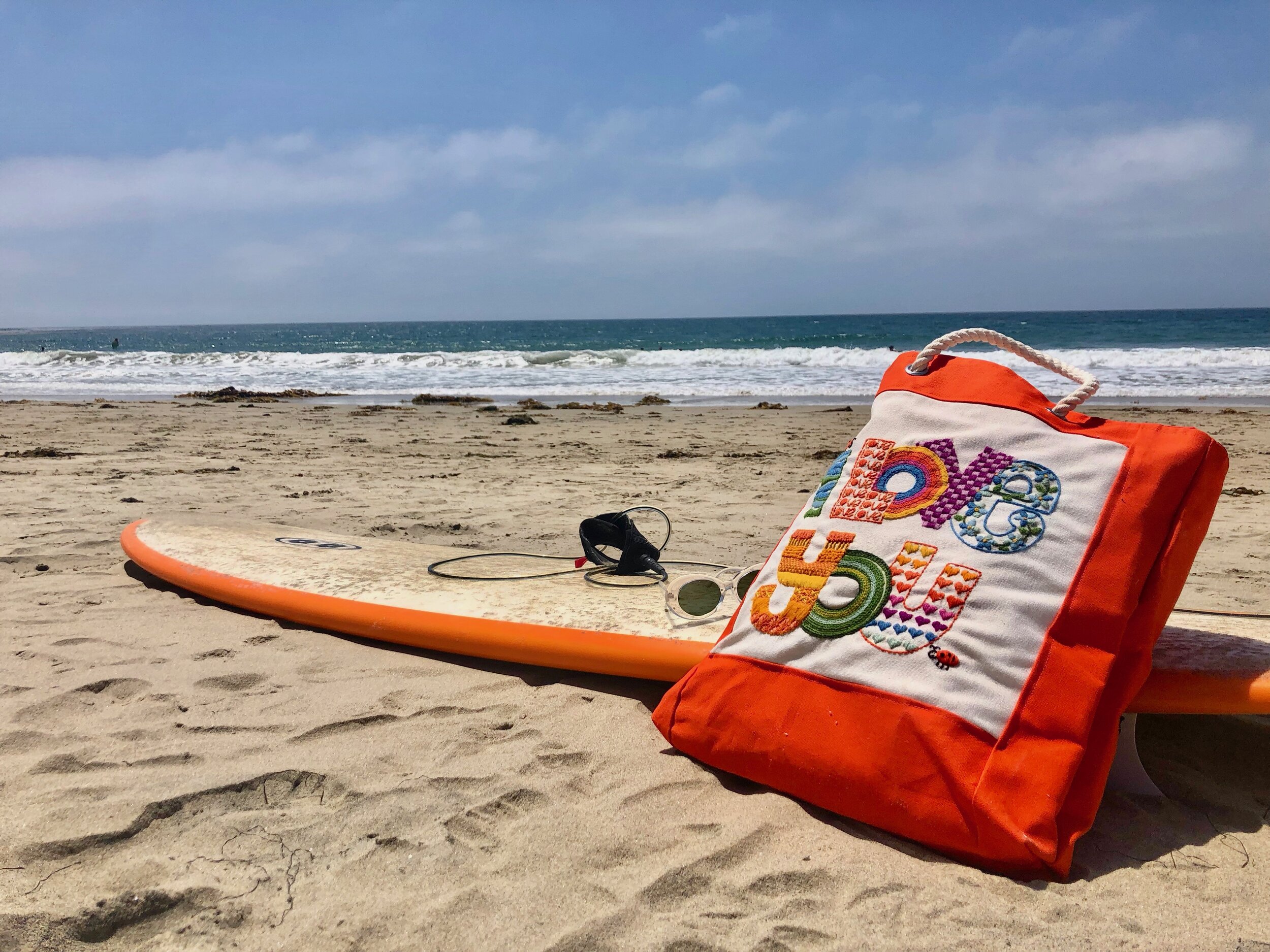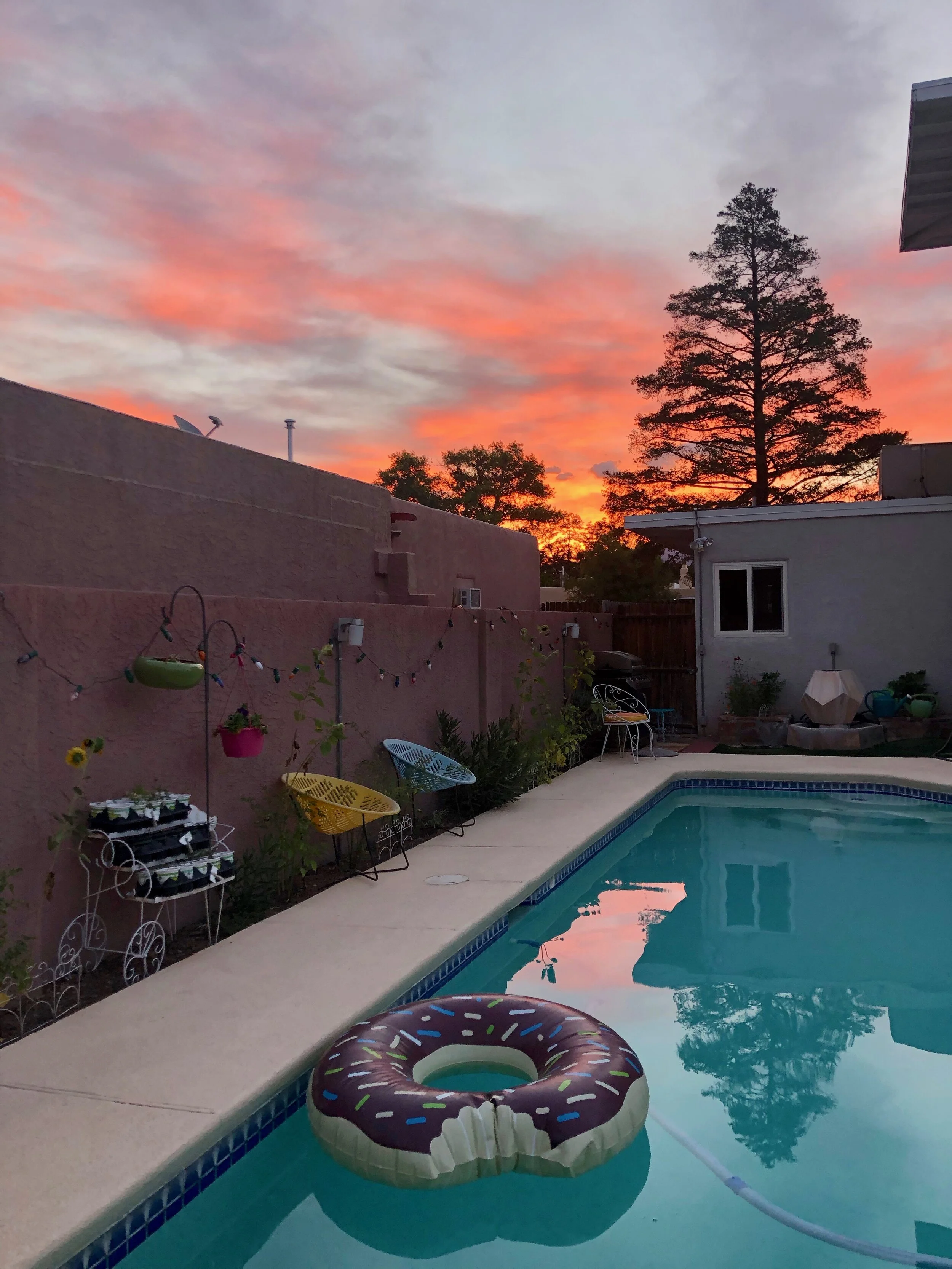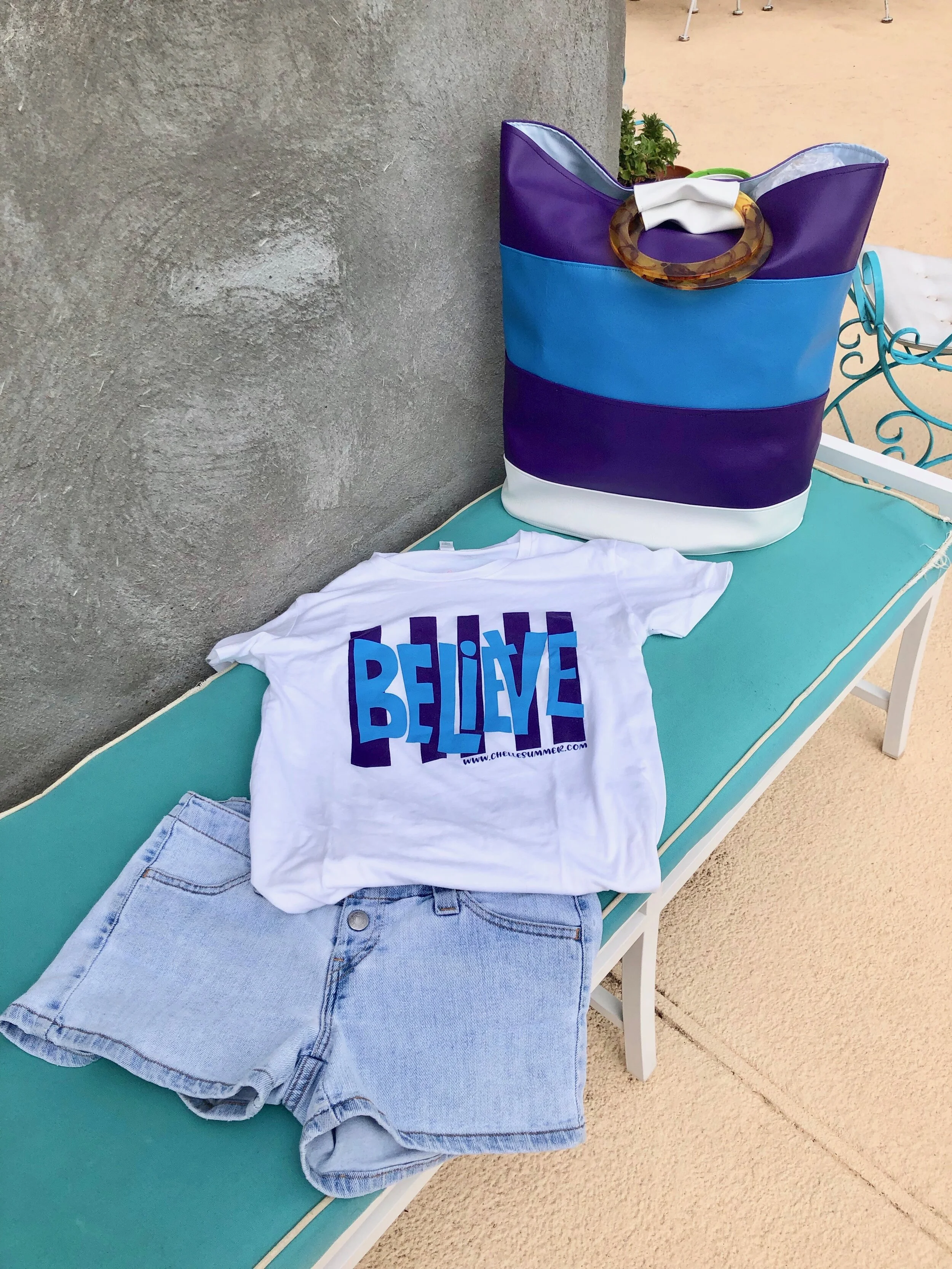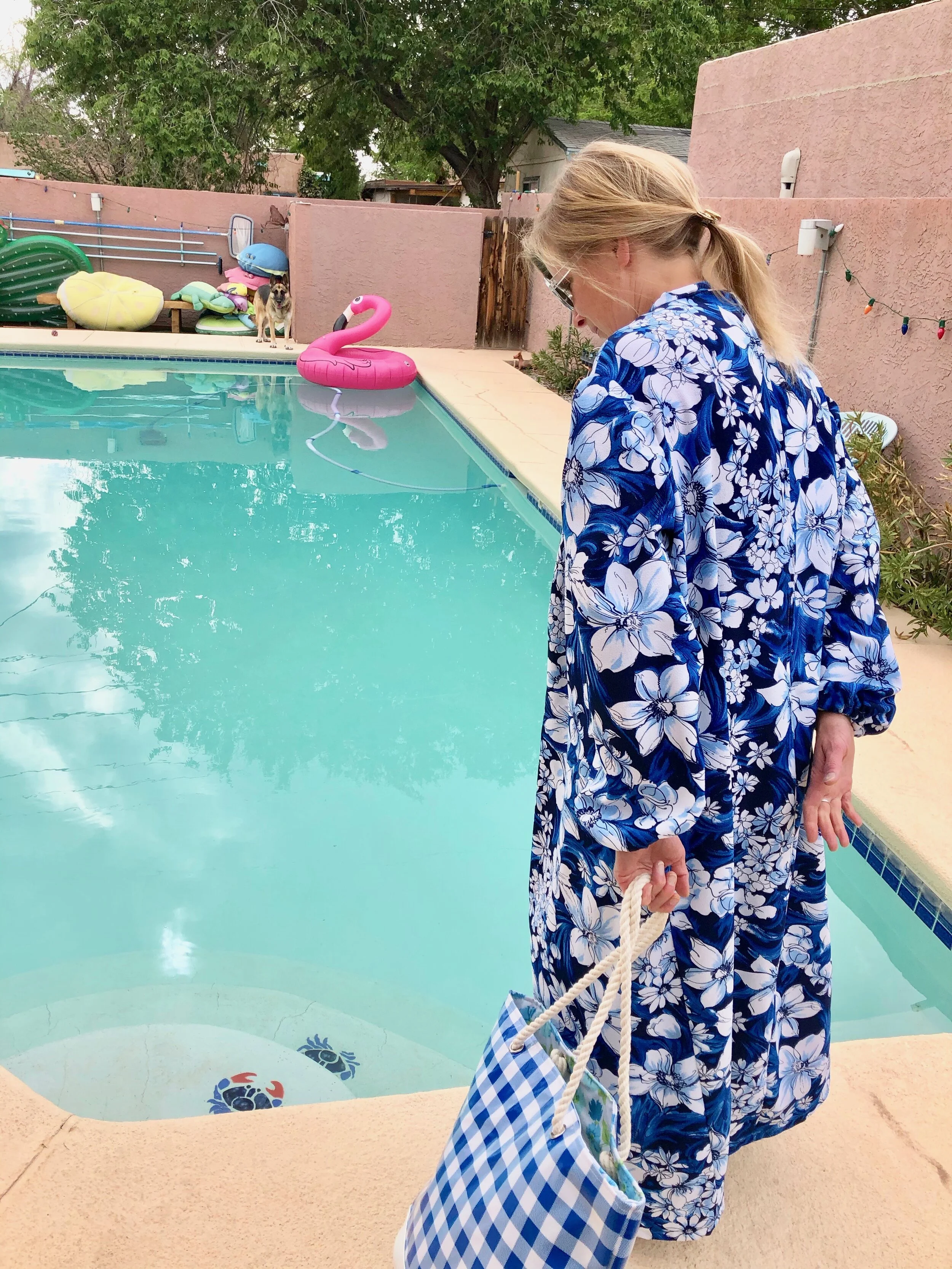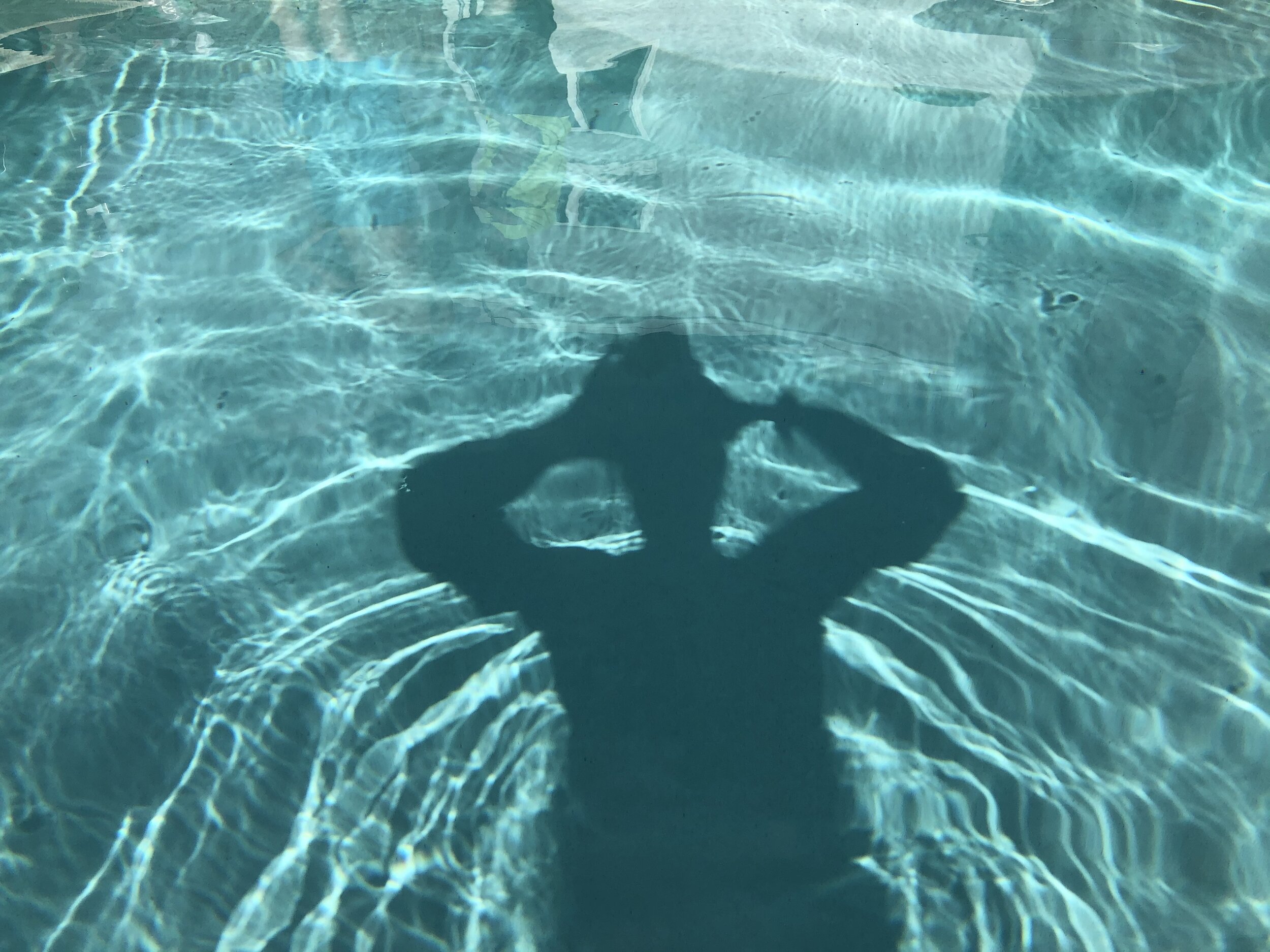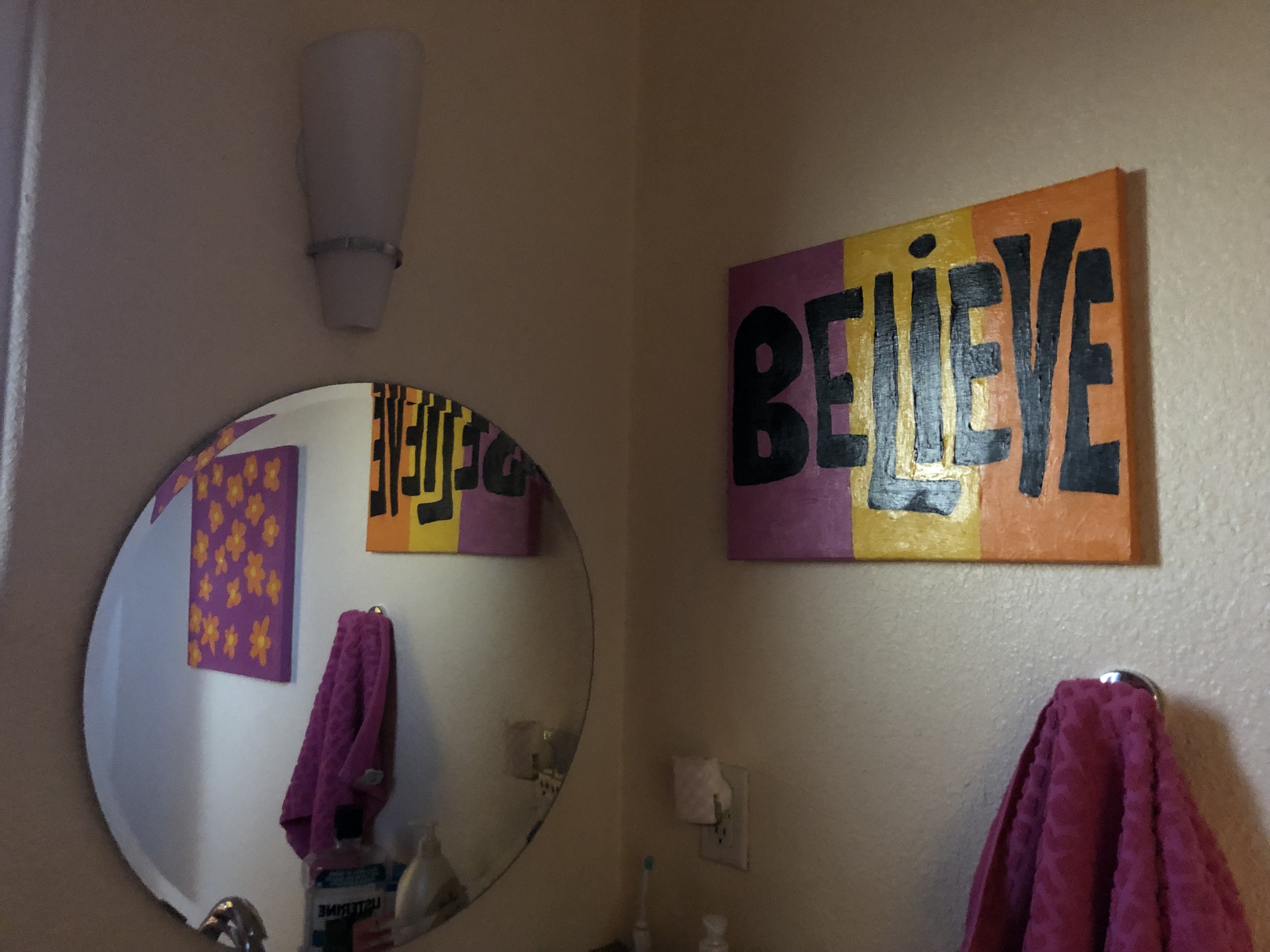In the last week, I received several messages from friends who were in some way affected by a recent teen suicide and/or attempt. In November I spoke with a reporter The Naperville Sun– the very newspaper for which I wrote a column on good causes several years ago while I was living in my hometown for a short time.
I'm not going into specifics but there have been multiple suicides at my high school over the last year and much as been said about the concern that the students are feeling too much pressure to succeed and feel unable to live up to that.
In the article above (which was then reprinted in the Chicago Tribune a few days before Christmas) I gave my opinions as someone who grew up in Naperville and whose younger sister died in the same town. In my first book about sibling suicide I cited the environment as what I have always believed to be a factor in my sister's death: the pressure wasn't something she coped with well.
Denise and I were two very different beings, beyond the fact that I had blonde hair and she had brown hair (and that by the time I graduated from high school– which was the end of her freshman year– she also was taller than me). I won't say that I did well under pressure because all the pressure came from myself which is another story for another day. But I thrived in the busy environment of having multiple tasks to complete– school, running, writing and editing the school newspaper. I was involved with the activities that interested me and I believed were important to creating the life that I wanted to have.
But this isn't just about Naperville. Our suicide numbers are up. Way up. We have more resources, we have better medications, we have more crisis lines. And yet we are losing more people to suicide.
So once again I'm hopping back on my soap box.
There's a long list I could go down of which I still believe coping skills are missing from the diets of many young people. Couple that with social media and either a self-indulgence of oneself or the feeling of inferiority that one isn't good enough next to what others' lives appear to be. And don't forget to sprinkle in the lack of personal communication– texting has replaced actually sitting down and having a conversation with the people around us.
My husband who is a high school teacher and coach and I had a conversation last week and he said, "It's not just coping skills but building on coping with challenging situations."
Something challenging happens in our lives, especially early like maybe we fall off the bike before we finally actually are able to ride it successfully. Learning to do things and learning how to cope with disappointments (we didn't win the essay contest we thought we had surely nailed), help us the next time we are faced with something especially as they get seemingly bigger and more integral to our lives.
I have often said that high school running taught me much about how cope with disappointment. That pressure I put on myself that I mentioned earlier caused a lot of disappointment early in my life. Now that I'm older (and hopefully wiser) I can see how I have used those disappointments as building blocks to each experience I've been faced with since then.
However, I should also add that my parents allowed me to make mistakes. They didn't run off to the school and fix everything. In fact, they fixed nothing. I would have been embarrassed if they went to the school to complain about a teacher or situation. That was up to me to figure out.
Finally, it's why my social media is filled with what I create, what inspires me, what makes me happy. Many days can be challenges for a variety of reasons (as I type this I have a bag of frozen popcorn resting a hurt knee– I haven't been able to run much in the past three weeks– one of my seemingly life-sustaining activities).
As I said in the interview, life is hard but it's also great. We have many opportunities and we never know what's around the corner which is every reason why we should hold on for tomorrow. And we all have an obligation not to just to learn that for ourselves but to pass on what we've learned to others particularly people younger than us. That in turn gives us purpose.
